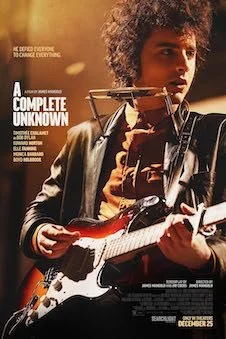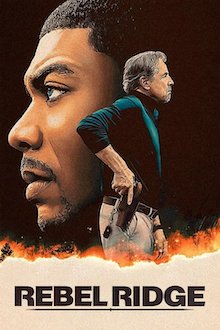Direction: Matthew Rankin
Country: Canada
Universal Language is a stylistically and structurally interesting piece of poetic madness set in the dreary Canadian city of Winnipeg, where the locals, inexplicably, speak Farsi. The film’s mood is peculiar, gravitating between the absurdist aesthetics of Roy Andersson and Wes Anderson, and the emotional cadences reminiscent of Abbas Kiarostami.
In his sophomore feature, co-writer, director, and actor Matthew Rankin plays Matthew, a man who leaves his bureaucratic job in Quebec to return to his frigid hometown of Winnipeg, hoping to reconnect with his mother. Instead, he forms unexpected bonds with two kind-hearted children, a stranger his mother now lives with, and an eccentric tour guide.
The film’s atmosphere evokes a bygone era, and what begins as a puzzle—initially cold and disjointed—gradually coalesces into an emotional whole, its pieces ultimately fitting together. There is never a moment when the viewer is unaware of the film’s constructed artifice, yet the experience isn’t exactly off-putting. It demands patience, certainly, but its melancholy and arid tone are softened by geometrically composed frames that establish a contemplative relationship between space and architecture.
Rankin dares to think outside the box, presenting a visual and narrative approach that defies conventional standards. His movie comes with a hard core of disillusionment but also hope in humanity, and viewers in tune with his offbeat sensibilities will enjoy both the deadpan humor and the bold unconventional choices.








































